Alain Visser is CEO at Lynk&Co, having taken the helm of the disruptive Chinese car maker after a glittering career at manufacturers including Volvo, Opel and General Motors.
Having been founded in 2016, Lynk&Co launched initially in China in 2018 and expanded into Europe in 2020, taking advantage of its Geely ownership to use the CMA platform also exploited by Volvo.

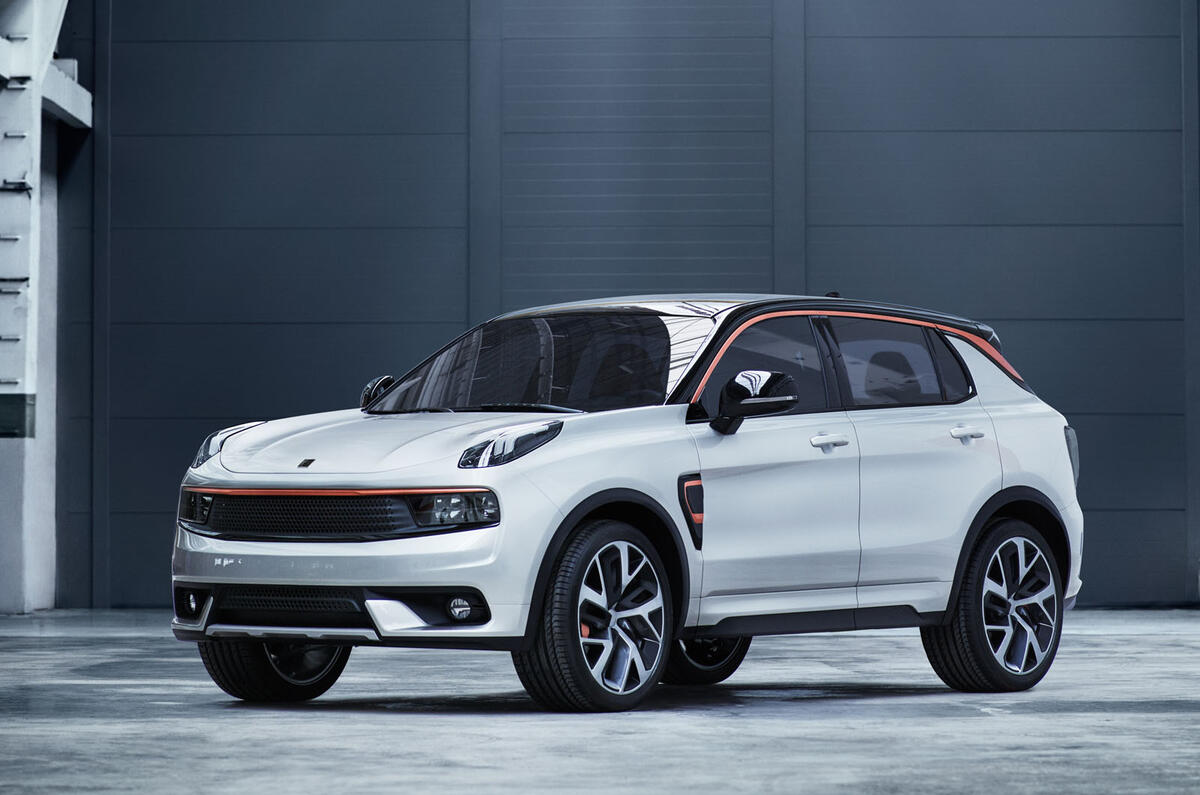
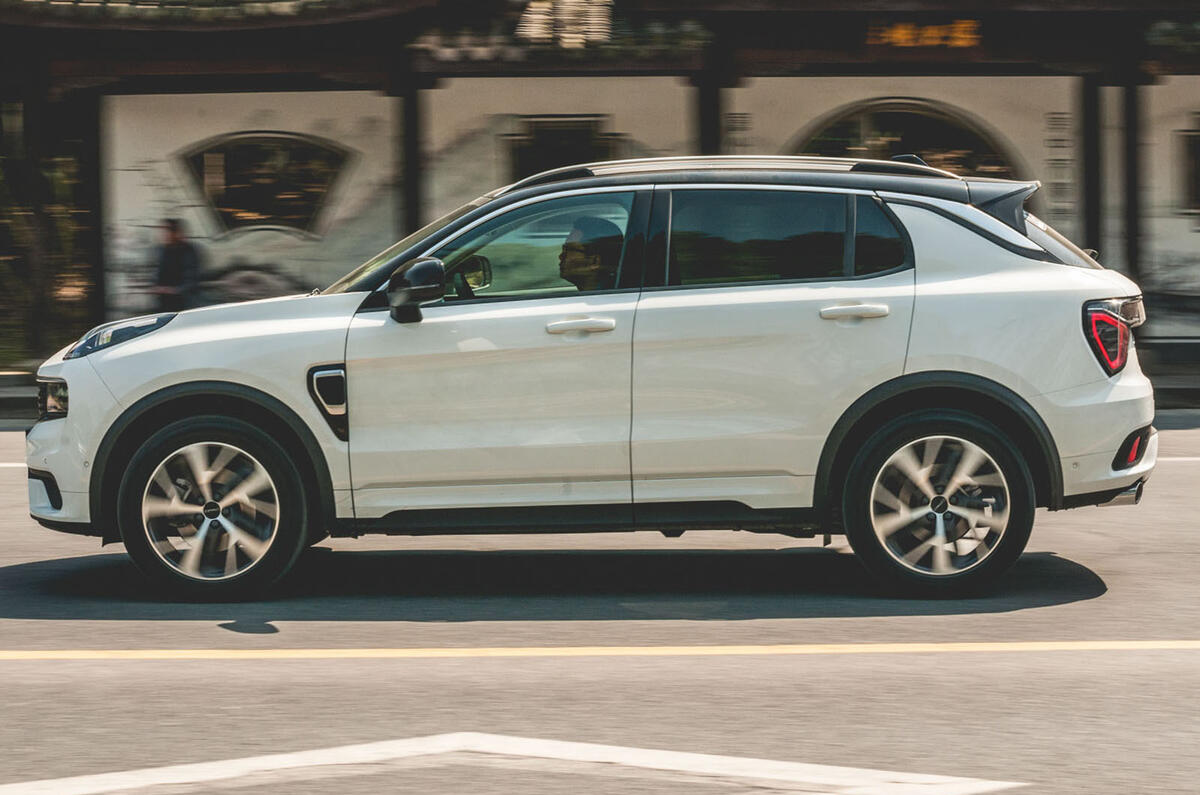
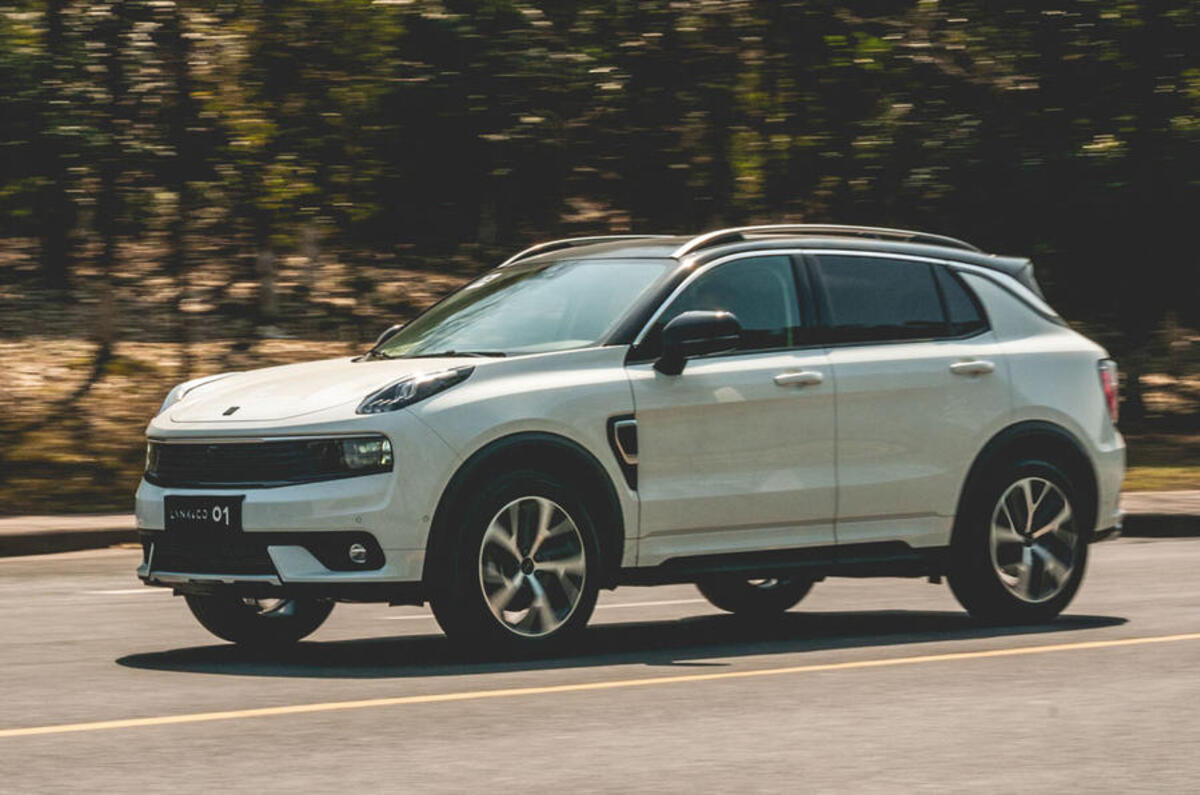
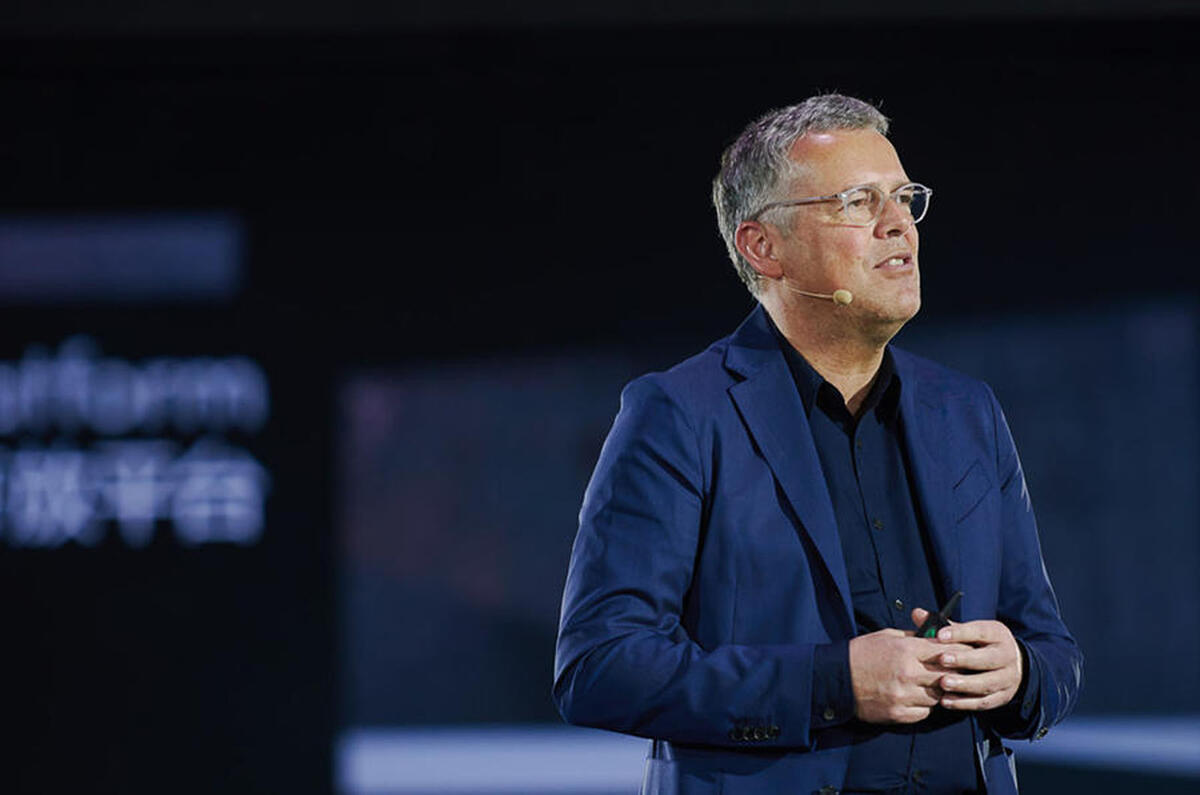
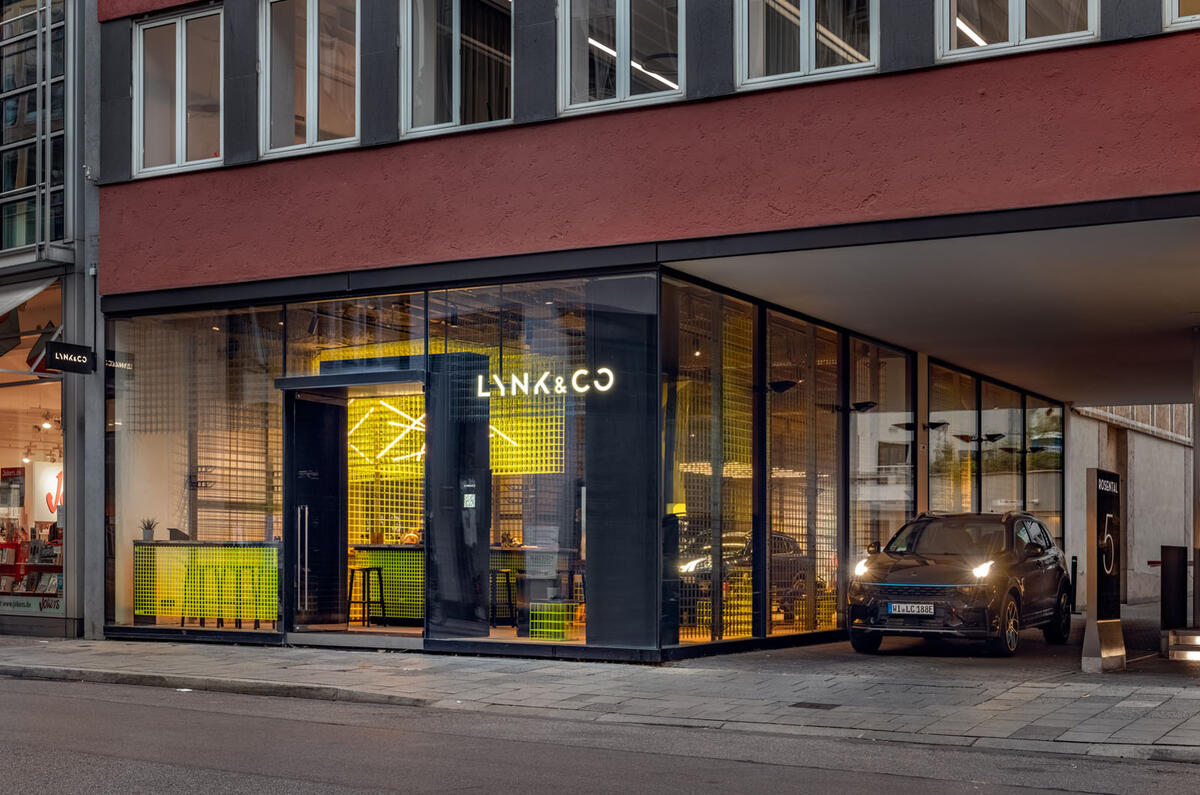







Add your comment